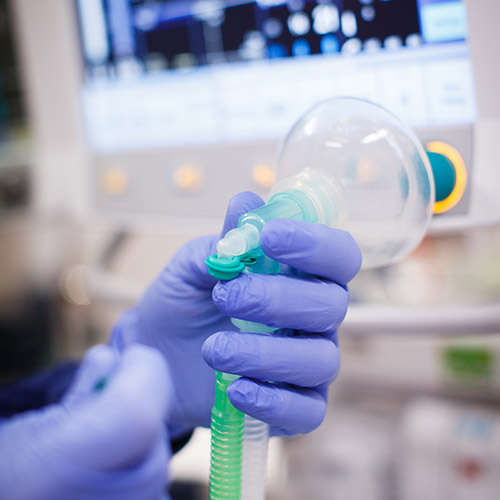Dental Surgery
You will usually meet your Anaesthetist on the day of your surgery in the anaesthetic bay where your anaesthetic plan will be discussed with you and you will have the opportunity to ask any questions.
Parents of children will be phoned the night before their child’s operation to discuss the anaesthetic plan in detail without the child present, so that any questions can be asked.
If you have concerns or would like to contact your Anaesthetist prior to the day of your operation, please contact her on 0476 774 347 or at admin@anaestheticroomsaust.com
General anaesthesia is given for this surgery.
For paediatric dental surgery please also see anaesthesia for your child.
For older children and adults, once your anaesthetic plan has been agreed upon, you will have an intravenous (IV) drip placed and be given some medication which will take away any anxiety you may have and make you mildly sleepy. You will be taken into the operating room and routine anaesthetic monitoring will be attached to you. You will breathe oxygen via a face mask and anaesthesia will be induced by the injection of anaesthetic drugs through your IV line.
Your Anaesthetist will remain with you for your entire operation, monitoring and adjusting your anaesthetic as required. You will be taken by your Anaesthetist to the recovery unit at the end of your operation, where you will wake from anaesthesia and be cared for by highly trained recovery nurses. At this point if you have discomfort, pain or nausea you will be given extra medication prescribed by your Anaesthetist.
From recovery, you will be taken to the post operative care ward (POCU) if you are going home, or to your ward bed if you are staying in hospital overnight. Either way, before you can be discharged home you will need to be eating, drinking and mobilising safely.
You will be given discharge instructions by nursing staff.
This surgery is generally not very painful . General complications such as nausea, vomiting, sore throat and drowsiness uncommonly occur and usually resolve in the first 48 hours.
During the recovery period it is important to:
- Drink plenty of fluids
- Take regular analgesia if prescribed. You will be given a prescription and instructions before you leave hospital
- Rest adequately and avoid excessive exertion

